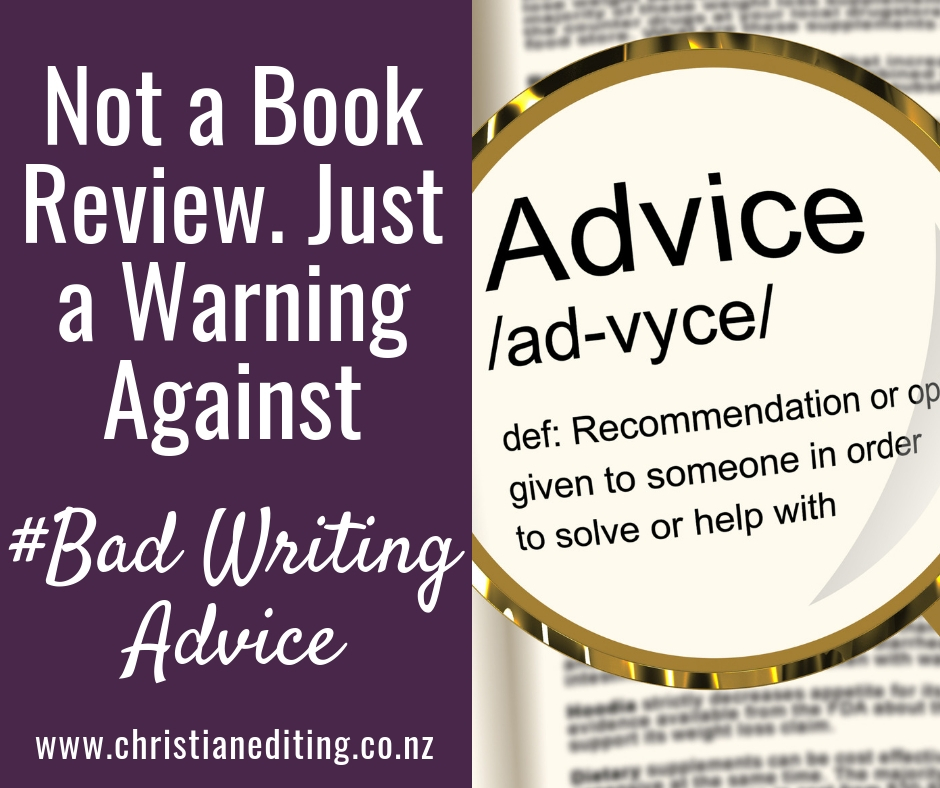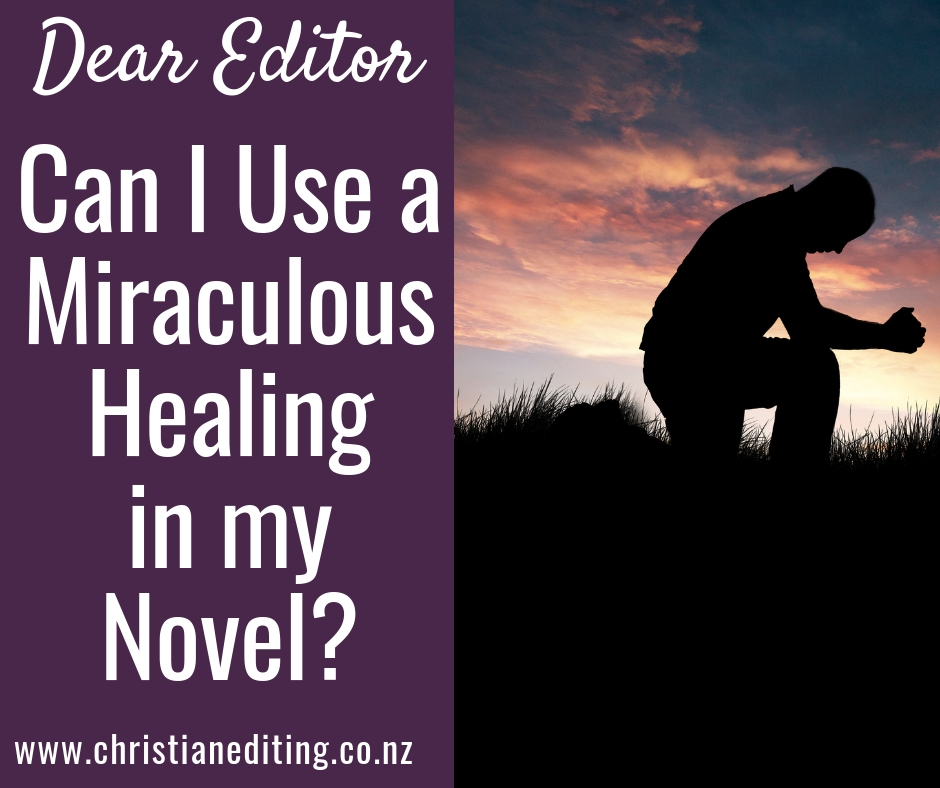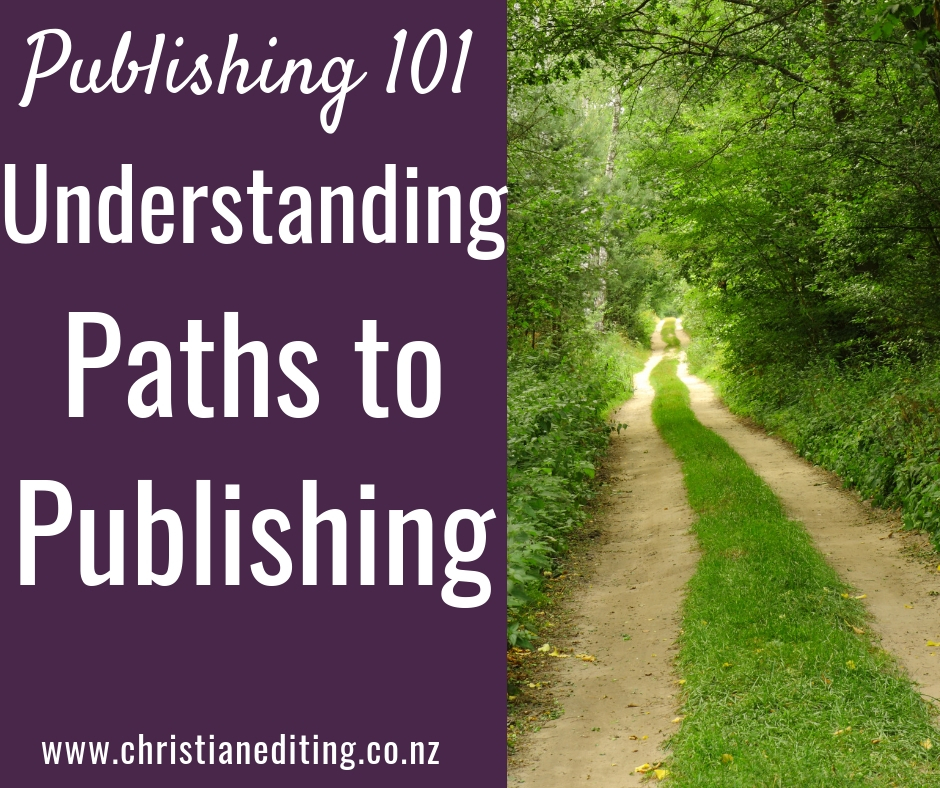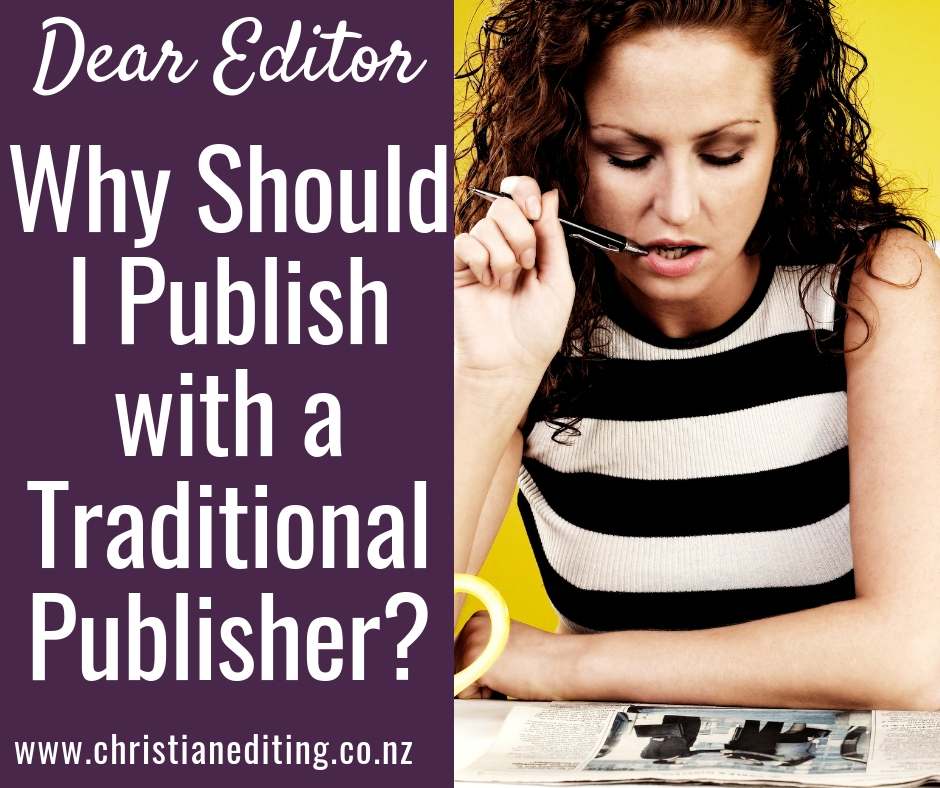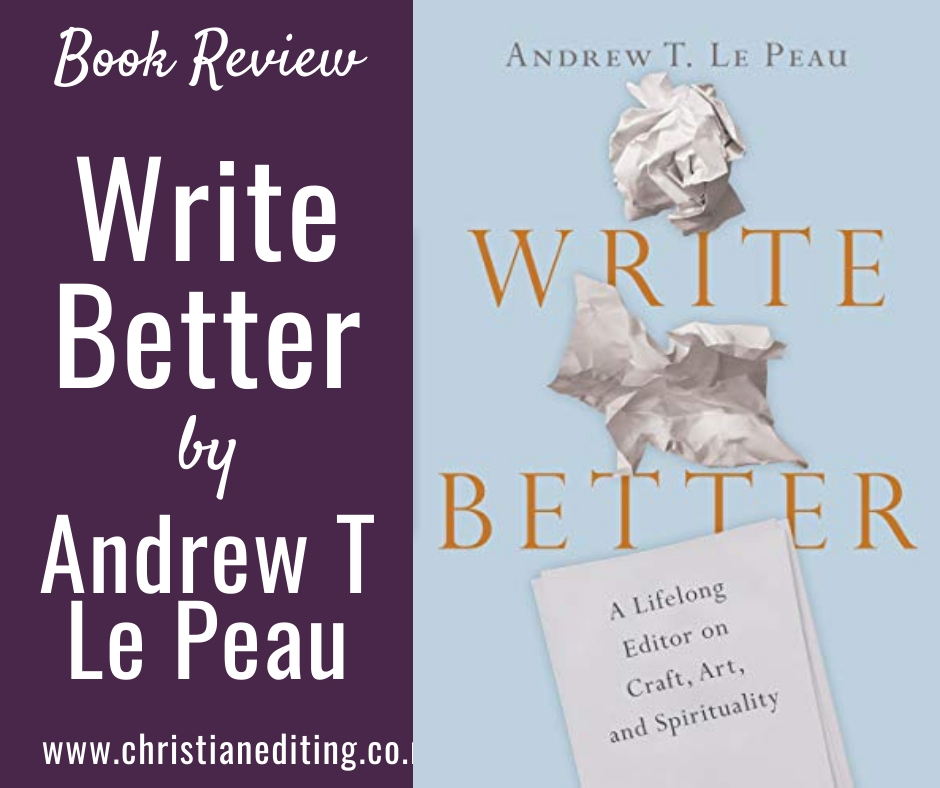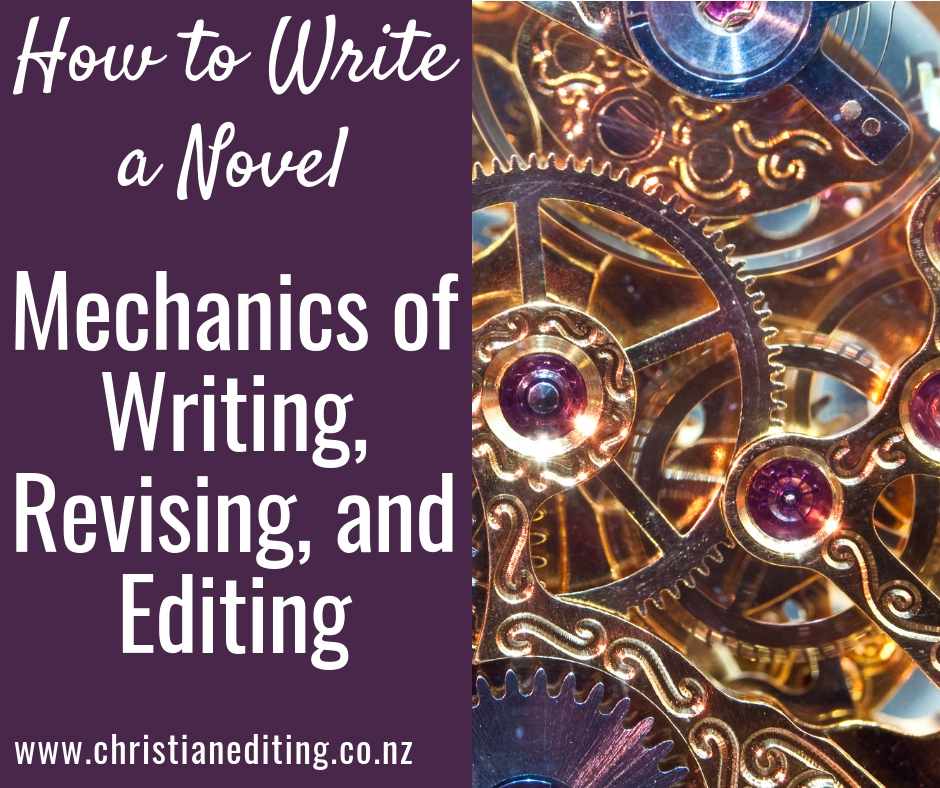I’ve recently returned form the 2019 Omega Writers Conference in Sydney, Australia. Our keynote speaker was US literary agent Steve Laube, who inspired and challenged us all to pursue excellence in our writing.
He also talked about reading. Specifically, he pointed out that we shouldn’t restrict ourselves to reading (or watching) things we agree with. We should also read articles and books we don’t agree with, because they can expand our thinking by showing us alternative points of view.
Write Better had some ideas I disliked or disagreed with.
Le Peau even appeared to contradict himself on a couple of points. But it’s definitely a book worth reading, because the good far outweighs the less good.
I found three main faults with the book. First, Le Peau points out the importance of a great introduction as a way of engaging the reader, but I found his introduction somewhat boring. Second, he discloses that parts of this book have been taken from his blog, then goes on to caution the reader against sharing too much of their book online. Hmm.
Finally, I think the structure of the book doesn’t entirely work—he talks about the craft of writing, the art of writing, the spirituality of writing, then has five not-quite-related appendicies. Parts of the book read more like a collection of related blog posts rather than a planned book. The content is great. It’s just that it doesn’t always hang together as an overall whole.
But don’t let that analysis leave you thinking this book is an automatic pass. There is a lot of good information in Write Better, and it certainly got me thinking. And that’s the point.
We need to think, and being faced with ideas we disagree with forces us to think in a way reading the agreeable books doesn’t.
Let’s start with my least favourite thought-provoking idea:
If we want to keep our thinking sharp, we need to exercise. Yes, I know. Exercise is anathema to many writers. But Karen Posta, president of the American Academy of Clinical Neuropsychology says vigorous physical exercise is the only activity known to trigger the birth of new neurons. To be in top shape mentally, we have to be in shape physically.
Yes, it makes sense. It doesn’t mean I have to like it.
Many of Le Peau’s ideas are relevant to speakers (e.g. pastors), not just writers.
For example, he says:
While opening with a strong, compelling story is always a good option, be sure the story is consistent with your main point as well as your target audience.
How many times have you heard a pastor start a sermon with a fun or funny story that ends up having nothing to do with the subject of his sermon? Or how many times have they started with a Bible reading that’s not related to their main theme? You might get there in the end, but it’s muddy because your reader (or listener) is expecting one thing, and you deliver another.
This leads to another vital question: who is your audience?
Write for (or preach to) a specific audience. Who do you want to reach, and why? In preaching, preach to the audience (congregation) you have, not the audience you’d like to have.
He makes another point that I definitely subscribe to: KISS. Keep it simple, stupid. He says:
We often think that sophisticated vocabulary makes us seem more impressive and intelligent [but] fancy vocabulary was not more persuasive than simple words even in scholarly writing.
I suspect this is because some people don’t understand the sophisticated vocabulary and can better be persuaded by simple words that are easier to understand because there is no room to debate alternate meanings.
Stephen King says any word you have to look up in a thesaurus is the wrong word. I’d go one step further and say any word you have to look up in a dictionary is the wrong word. Le Peau says:
If you only want to connect with other experts and specialists, fine. Go ahead and sound pretentious. Otherwise, KISS.
Le Peau is also in favour of KISS when it comes to our subject matter:
If you can’t explain the main concept of your piece in thirty seconds, you are probably in trouble.
Not least because if you can’t explain it in thirty seconds, your reader (or listener) will get confused over what is your main point.
Le Peau also covers how to make our message memorable using techniques like alliteration, analogy, metaphor, and even cliche. He reminds us to use subtle repetition to make our point stick (a technique often used to encourage us to believe lies), and to use stories:
Facts touch our minds. Stories touch our whole person—our emotions,our desires, what we remember from the past and what we hope for the future. Stories tell us who we were, who we are, and who we can be.
Yes, those points all came from the writing section, which I found the strongest. But Le Peau also makes some pertinent observations about author platform:
We don’t seek to build a platform for ourselves but for our message—so it can be heard.
On that basis, if we’re sharing the message God has given us, then building a platform is God-serving, not self-serving.
Do we believe we have something to say? Then building a platform is as proper as seeking to write.
Le Peau believes it best if authors have spent two to five years building a platform before sending in their first proposal. Sure, he’s talking as a career employee in a traditional Christian publishing house, but the same guidance surely holds true for self-published authors.
As an aside, Le Peau also makes an interesting point about preaching:
Preaching is not about [the preacher] or about well he does. It is about whether or not the Spirit shows up, and that’s the Spirit’s decision, not his. His job is to preach faithfully.
The same can be said for leading worship, taking communion, or any other church service.
Finally, Le Peau makes some interesting points in light of the fact that most of the world’s Christian publishing industry is centred in the USA:
Approximately 80 percent of the world’s population lies outside the West. Over half of all Christians now live outside the West.
So if we’re only writing for Western Christians (or, worse, Christians in the USA), then we’re missing most of the market. We’re certainly not fulfilling the Great Commission.
As you can see, there is a lot more good in Write Better than bad.
As such, it’s an excellent book for Christian nonfiction writers … which is most of us, as even fiction writers write nonfiction blog posts.
Thanks to IVP Press and NetGalley for providing a free ebook for review.
About Write Better
Writing is not easy. But it can get better.
 In this primer on nonfiction writing, Andrew Le Peau offers insights he has learned as a published author and an editor for over forty years, training, guiding, and cheering on hundreds of writers. Here are skills that writers can master―from finding strong openings and closings, to focusing on an audience, to creating a clear structure, to crafting a persuasive message.
In this primer on nonfiction writing, Andrew Le Peau offers insights he has learned as a published author and an editor for over forty years, training, guiding, and cheering on hundreds of writers. Here are skills that writers can master―from finding strong openings and closings, to focusing on an audience, to creating a clear structure, to crafting a persuasive message.
With wide-ranging examples from fiction and nonfiction, Le Peau also demystifies aspects of art in writing such as creativity, tone, and metaphor. He considers strategies that can move writers toward fresher, more vital, and perhaps more beautiful expressions of the human condition.
One aspect of writing that rarely receives attention is who we are as writers and how writing itself changes us. Self-doubt, fear of criticism, downsides of success, questions of authority, and finding our voice are all a part of the exploration of our spirituality as writers found in these pages. Discover how the act of writing can affect our life in God.
Whether you’re a veteran writer, an occasional practitioner, a publishing professional, or a student just starting to explore such skills, Le Peau’s wit and wisdom can speed you on your way.
You can read the introduction to Write Better Below:

